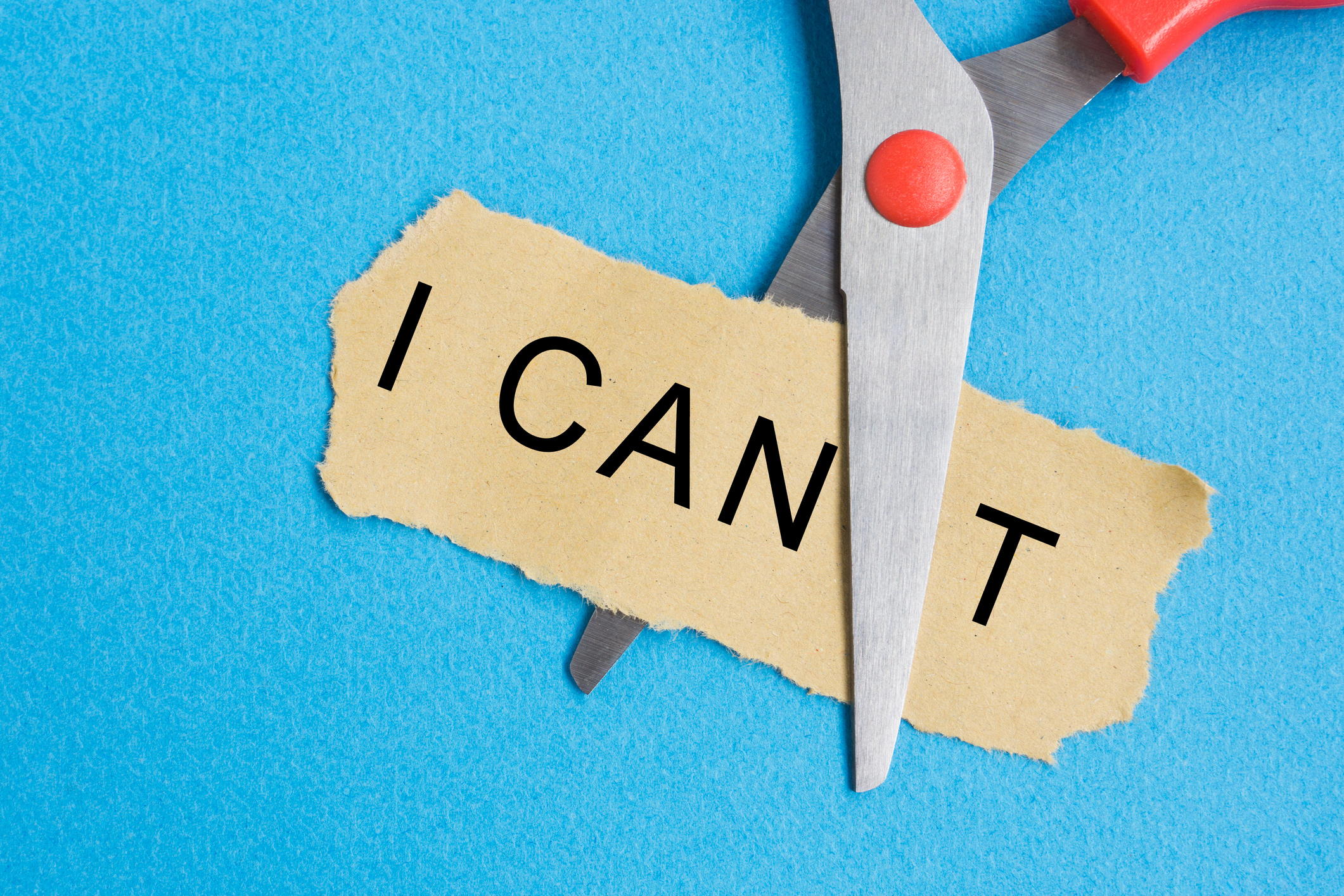I have a loud inner critic.
It’s this nagging voice in my head that constantly tells me all the ways I’m messing up, falling short, disappointing people, and making a fool out of myself. This sneaky voice pretends it’s protecting me from failure when in reality it’s just getting in the way of me owning my instincts, trusting my decisions, and feeling confident about my abilities.
In her 15 years of working as a professor and licensed Talkspace psychotherapist, Cynthia Catchings, LCSW-S, has observed how people’s insecurities affect them across different settings.
“Within the last few years, people’s most common insecurities have remained consistent,” Catchings shared. “Physical appearance, introversion, overthinking, fear of not fitting in, imposter syndrome, and fear of rejection are some of the most typical ones.”
Will People Think I Am A Fraud?
This is something I ask myself all the time. No matter how prepared I am for a meeting, or how qualified I am for a business opportunity, there’s always a voice in my head that whispers “You can’t do this” or “Don’t embarrass yourself” or “Why should anyone take you seriously?”
For me, imposter syndrome shows up as a wave of anxiety when I step into a room and immediately feel like I don’t belong — like I am an “imposter.” All of a sudden, I am overcome with self-doubt and am convinced everyone is smarter and more capable than me.
Research has found that high-achievers often experience the imposter syndrome because they are constantly striving for perfection, and fear others will discover that they haven’t done enough. It’s a vicious cycle that makes even the most brilliant and accomplished people feel like frauds.
“The first step in working with clients who experience the imposter syndrome, and feel they are never good enough, is to help them acknowledge their thoughts and put [those thoughts] in perspective,” Catchings said. “Utilizing a cognitive behavioral therapeutic approach is very helpful in these cases because it helps the person to observe the thought and think about it instead of engaging with it.”
Does Self-Criticism Actually Make Us Perform Better?
I used to think beating myself up was the only way I could achieve success. My inner critic had become such an integral part of my life that I worried I would become a slacker if I let it go. Who would push me to reach my goals if my inner critic stopped nagging me?
Contrary to popular belief, research shows that self-compassion is a better motivator of change than self-criticism. Instead of kicking yourself for messing up, self-compassion allows you to evaluate the situation in a safe, non-judgemental way so you can learn and grow without drowning in a sea of shame.
For clients who are especially self-critical, Catchings leverages the technique of cognitive reframing.
“The basic idea is to learn to view thoughts, ideas, concepts and emotions as learning experiences so you can find more positive ways to see or accept the situation,” Catchings explained. “This leads to trusting your inner wisdom and consequently to living a happier life.”
How To Quiet Your Inner Critic
Catchings utilizes a variety of tools to help her clients quiet their inner critic and tap into their own instincts including:
- Self-awareness
- Meditation
- Mindfulness
- Creative visualization
- Empathy development
- Journaling
“These activities help clients with their inner critic or other voices that tell them they cannot do something by allowing them to acknowledge, analyze, express, and deal with insecurities,” Catchings said. “The use of cognitive behavioral therapy, based on ‘if we change our thoughts we can change our actions’, is extremely helpful in quieting our inner critic as well.”
Additional Resources To Boost Self-Confidence
Finding a therapist is a great first step if you want support in understanding your insecurities and boosting your self-confidence. Here are a few go-to resources that Catchings recommends if you are looking to dive deeper:
- Shawn Achor’s TED Talk: The Happy Secret to Better Work
- Carol Dweck’s TED Talk: The Power of Believing You Can Improve
- Brené Brown’s book Daring Greatly
The next time that familiar voice in your head tries to criticize you: 1) Take a deep breath, 2) Give yourself a hug, and 3) Remember we’ve all been there.
Whisper to yourself: I am amazing.
This article first appeared on Talkspace.com
More from Talkspace:
How Financial Issues Impact Your Mental Health
Reframing is Therapy’s Most Effective Tool, Here’s Why
Asking “Are You Having Kids?” Can Damage a Person’s Mental Health, Here’s Why…
Follow us here and subscribe here for all the latest news on how you can keep Thriving.
Stay up to date or catch-up on all our podcasts with Arianna Huffington here.


